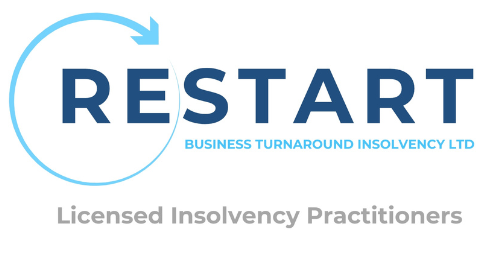
What Happens to the Director of a Liquidated Company?
Company liquidation can be an overwhelming and worrying experience for company directors, especially where they are not aware of their responsibilities. In this blog, we discuss what directors are viable for when their company enters the liquidation process. So what happens to the director or a liquidated company?
When a company is liquidated, the director loses all control of the company, its assets and they must not act on behalf of the company. They are required to cooperate with the appointed liquidator and hand over any documents, accounts and assets. Directors are restricted from forming, managing or prompting a company with the same name as the liquidated company for up to five years.
Read on to find out more about what happens to the director of a liquidated company.
Does Liquidating a Company Affect the Director?
When companies are liquidated, it can affect the directors, employees and creditors. The directors in particular can be affected for five or more years after the company closes. The process for liquidating a company starts when a liquidator is appointed within the company. From this point, directors no longer have control of the company or any of the company’s assets. They can also not complete any work on behalf of the company.
There are some rules the directors must follow once the liquidation process begins including, providing the appointed liquidator with any information they require about the company. Any assets, records and paperwork should be handed over as the director is no longer in control of them. The appointed liquidator may also ask to interview the director or complete a questionnaire if they require extra information about how the company got to this point.
Directors in this position should be as prepared as possible for this interview and bring evidence of any accounts and statements. This can help directors cover themselves in situations where misconduct is suspected. On very rare occasions, directors can be asked to face court by the liquidator if they suspect severe misconduct.
Any director of a liquidated company will no longer be able to form, manage or promote a business with a same or similar name to the company that was liquidated. They can however set up a new company as long as they are aware of the limitations.
Can a Director of a Liquidated Company get a Mortgage?
As directors of liquidated companies have to declare their status, getting a mortgage may not be as straightforward as normal. Lending companies will naturally be cautious as they want to ensure that the individual can manage mortgage repayments rather than relying on the loan. If the director has legally agreed to any personal guarantees that have not been settled during the liquidation process, this can negatively affect credit score. This can result in the director being refused a mortgage loan.
Overdrawn Directors’ Loan Accounts
As the company is liable for liquidation, directors are not responsible for paying off any debts owed to external creditors. However there are a few exceptions to this rule:
- A personal guarantee – As the individual director signs to state they will pay back the loan themselves where the business becomes unable to pay.
- Overdrawn director’s loan accounts – If a director takes money from the company that isn’t paid back when a company is liquidated.
- Debt is accumulated through fraudulent activity – This occurs when a director takes money from the company without intending to pay it back.
- Fraudulent Trading – Fraudulent trading can include promising customer orders or financial deposits and not fulfilling them, making decisions for the company that would make the financial situation worse or being untruthful about company assets.
Working with a licensed insolvency practitioner can help your company avoid the above situations or provide advice when they occur.
Expert Liquidation Advice from Restart BTI
At Restart BTI we understand that liquidation is not the end of the line for company directors. We provide expert advice on how to recover your company, correctly completing the liquidation process and next steps after a business closes. Find out more about how we can help your business and its directors by contacting one of our experts today.

Established in 2018, the directors at Restart BTi have over 50 years of experience to assist companies, business owners and individuals with expert advice and tailored solutions when facing financial difficulties.
